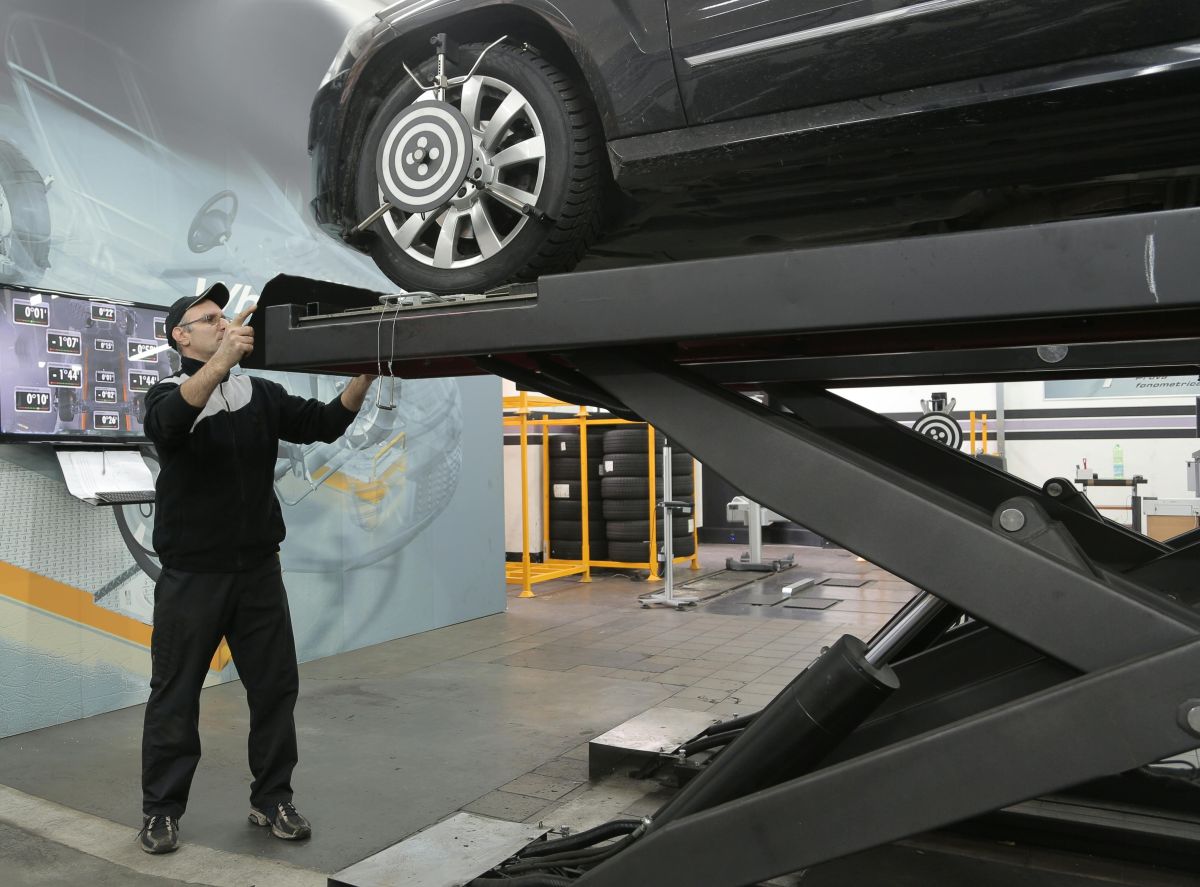Small businesses, like many collision repair shops, are getting hit the hardest by trends causing rises in health insurance premiums -- making it more difficult to offer benefits in an increasingly competitive employment market.
Joining a plan like the one offered by the Society of Collision Repairers (SCRS) through Decisely, a technology and brokerage insurance firm, can give individual shops the buying power of a much larger group.
Like everything else, inflation is causing premiums to go up, said Kevin Dunn, founder and CEO of Decisely. Those increases are affecting small employers more than larger ones.
“This year, for small businesses, the average increase for health care insurance was 12% to 14% year over year. For larger businesses, their rate only went up 9% to 10%,” Dunn said. “Small businesses get more of the brunt of that increase. That unfortunately isn’t something that’s going to be changed overnight.”
Dunn said health care premiums are affecting shops’ ability to offer those benefits, which makes it harder to attract and retain employees. A survey of collision repair technicians, conducted earlier this year by I-CAR, SCRS and consulting firm Ducker Carlisle, found only 16% of respondents were offered health insurance through their employer.
“It’s tough getting people into the trade, and we won’t if no one is providing insurance,” Dunn said. “The competition is not just another shop down the street, but also restaurants, retailers, etc. all around you.”
Decisely worked with SCRS to build a health insurance program for its members and their employees. SCRS opened the plan for enrollment in September 2022, and now has about 1,500 enrollees at shops nationwide.
Dunn said small businesses spend more on insurance premiums than a large organization, because an insurance carrier’s risk is spread over a much smaller pool of employees.
“The law of large numbers says it’s unlikely everyone will get sick or injured at the same time, so the (premium) rates should be stable every year, because they can spread the risk of some people being sick while others are healthy,” Dunn said.
But for a small business with 25 employees, all it takes is for one person to get very sick or injured, and the following year, premiums can rise 40% to 50% so the insurance company can ensure it doesn’t lose money again.
“The premiums really aren’t stabilized because they’re so small,” Dunn said.
With the plan offered by SCRS, its members are aggregated together to look and buy like a large employer, Dunn said. Each employer has its own individual contract with Decisely, but the insurance carriers Decisely is partnered with look at the entire aggregate.
“That helps us to stabilize health care costs,” he said.
The program available to SCRS members also offers doctor visits, imaging and labs, generic prescription drugs, urgent care and mental health treatment with no co-pay. Only emergency department visits require a co-pay.
“We encourage everyone that if you have a problem, go to the doctor,” Dunn said. “It shouldn’t be your credit card that prevents you from doing that, because you have insurance and your premium should take care of it.”
Putting off care for illness drives up costs in the long term, as people often wait until it has progressed to a point they need the emergency department, or needs longer term care that takes them out of work.















Abby Andrews